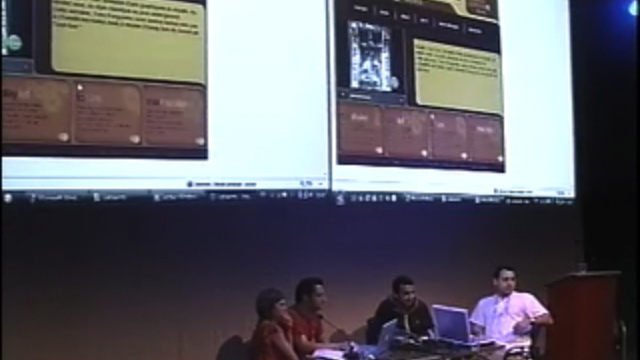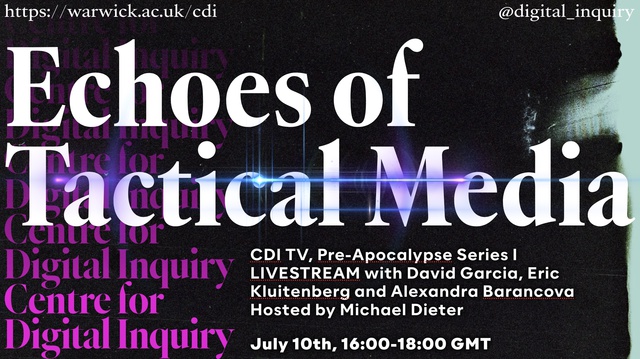DeeDee Halleck
DeeDee Halleck is a media activist and co-founder of Paper Tiger Television and the Deep Dish Satellite Network, the first grass roots community television network. She is Professor Emerita in the Department of Communication at the University of California at San Diego. Her filmography includes films like Children Make Movies( 1961), or Mural on Our Street, which was nominated for Academy Award in 1965. She has led media workshops with elementary school children, reform school youth and migrant farmers.
Read

